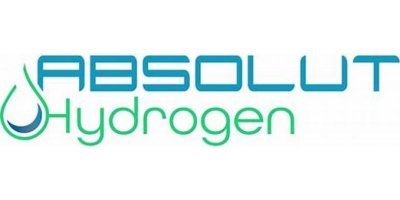

- Home
- Companies
- Absolut Hydrogen
- Products
- Absolut Hydrogen - Liquid Hydrogen Pump ...
Absolut Hydrogen - Liquid Hydrogen Pump for Cryogenic Tank Refueling
Absolut System is actively engaged in the development of advanced liquid hydrogen pumps designed for the efficient refueling of cryogenic tanks. These pumps mitigate the need for pressurizing the upstream tank, allowing it to maintain a low-pressure state, thereby preserving the thermo-hydraulic integrity of liquid hydrogen in the application tank. This innovation reduces hydrogen vaporization, optimizing the refueling process. Traditional methods, involving upstream tank pressurization, can lead to inefficiencies and require the tank to withstand pressures of 5 to 10 bar. In contrast, Absolut System's solution ensures a pressure difference using a liquid pump, eliminating the complexities of compressor-based systems. Their approach supports the growing hydrogen infrastructure needs and aligns with sustainability goals, ensuring low CO2 emissions through efficient energy conversion and hydrogen storage.
In order to refuel a cryogenic tank with Liquid Hydrogen, one solution consists in pressurising the upstream tank in order to provide a sufficient pressure difference to flow liquid hydrogen to the application tank. This simple solution could lead to high vaporisation and a non-optimized thermo-hydraulic condition in the application tank. Furthermore, the upstream tank will have to support a pressure of 5 to 10 bar.
On the other side, a liquid pump can be used in order to provide pressure difference and to flow liquid hydrogen. Absolut System is developing small and mid-range liquid hydrogen pump to perform cryogenic tank filling without any upstream tank pressurisation. Thus, the upstream tank is maintained at a low pressure and the thermohydraulic state of liquid hydrogen in the application tank is preserved.
Innovative thermodynamic compression for gaseous hydrogen refueling stations
Current compressors are costly pieces of equipment which require maintenance and are not free from failure. Moreover, very high-pressure compressors (up to 700/1000 bar) and compressor for very large quantities are difficult to design and could limit the development of HRS.
Using a liquid to gaz thermodynamic compression system will accelerate the transition to hydrogen powered transport and infrastructure, contributing actively to achieve the low CO2 emissions ambition.
Benefits of a compressor-less liquid to gas hydrogen filling station (ltg-hrs):
- Adaptation of the filling station to refuelling standards 350 & 700 bar
- Limitation of CAPEX/OPEX – No use of expensive, massive and high consumption very high pressure compressors
- Scalability – no limitation due to the capacities of very high pressure compressor today
- Re-use of GH2 recovered
